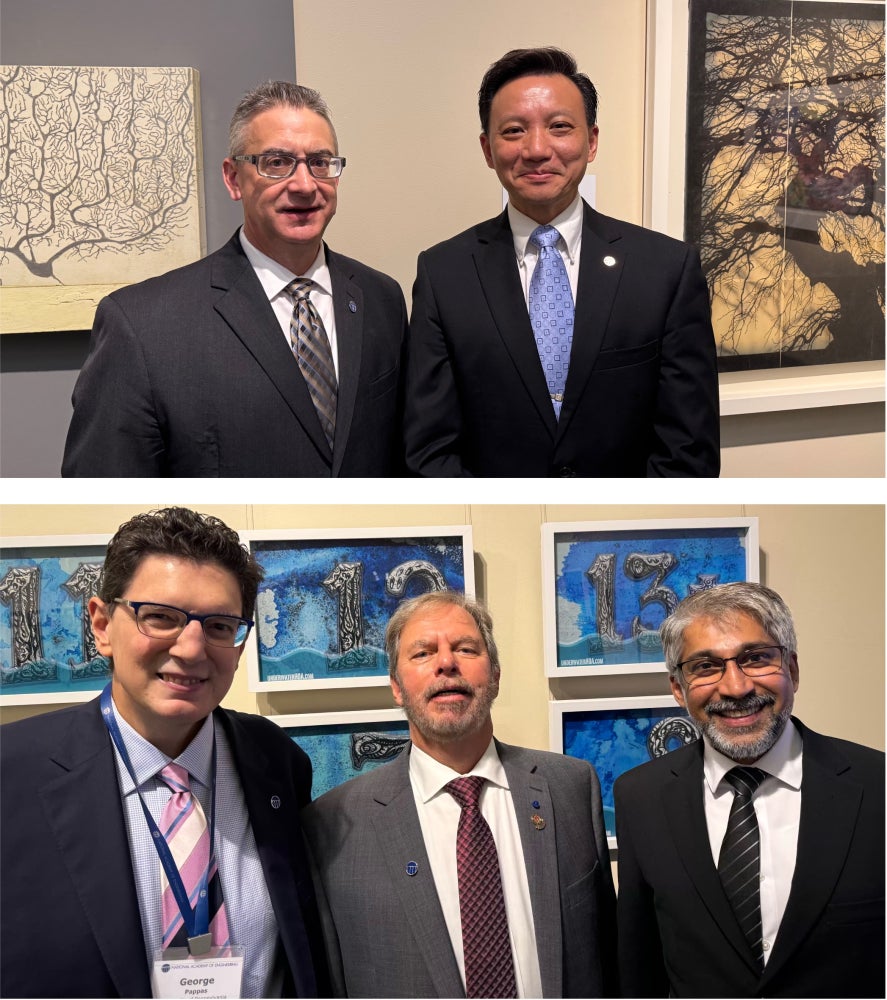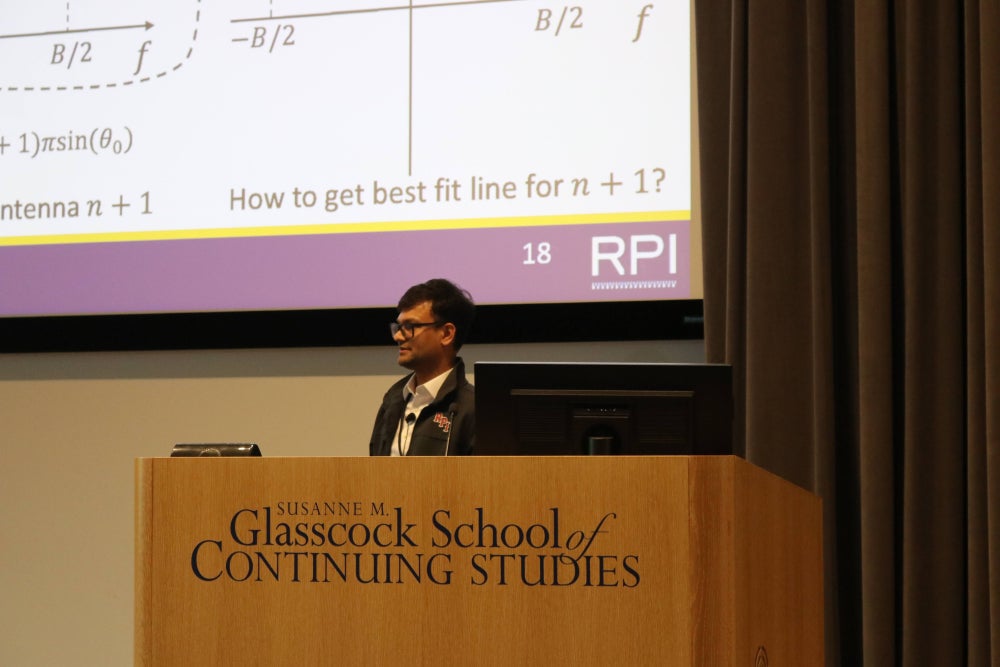News
Dr. Arthur Clark Sanderson, Professor Emeritus in the Department of Electrical, Computer, and Systems Engineering at Rensselaer Polytechnic Institute (RPI), Troy, New York, died on December 14, 2025, at the age of 79, from complications of Parkinson’s disease, at his winter residence in Bonita Springs, Florida.
RPI Alumnus Hongkang Li, who earned his Ph.D. in the Department of Electrical, Computer, and Systems Engineering at Rensselaer Polytechnic Institute in 2024, has been awarded the 2025 IEEE Signal Processing Society Best Ph.D. Dissertation Award. This award recognizes outstanding doctoral dissertations that demonstrate significant scientific impact and overall quality through timely studies on research questions, strong and novel methodological foundations, and contributions that advance the understanding and practice of signal processing.
RPI alumnus Burak Varıcı, who earned his Ph.D. in Electrical, Computer, and Systems Engineering in 2024, has been named a recipient of the 2025 IEEE Signal Processing Society Best Ph.D. Dissertation Award. This prestigious honor recognizes doctoral research that demonstrates exceptional scientific impact, originality, clarity of presentation, timeliness, and relevance, advancing both the theory and practice of signal processing.
The Mercer XLab provides open access to electronic instrumentation, electronic parts, student-led technical support, technician support, and curated educational modules to foster a growing learning ecosystem.
ECSE alumni (including Electric Power Engineering, which was merged with ECSE in 2010) Nick Miller ’79 ‘80, George Pappas ’91 ‘92, and Kiruba Sivasubramaniam Haran ’97 ’00, were inducted as members of Class 2024 of the National Academy of Engineering (NAE). Dr.
Rensselaer Polytechnic Institute (RPI) and GlobalFoundries (GF) announced a new strategic partnership to foster collaboration in semiconductor r
ECSE Assistant Professor Dr. Ish Jain presented a breakthrough approach that could define how future 6G networks deliver faster, more reliable, and more scalable connectivity. The new technology, called FlexLink, introduces a fundamentally new way to structure wireless communication by splitting a signal into separate components so that critical information can be prioritized. This allows next-generation networks to handle vastly more devices while maintaining high speed and reliability.
The CSAW AI Hardware Attack Challenge is a well-regarded global competition in the hardware security community. The participant's task was to leverage AI tools, particularly large language models, to insert and exploit hardware vulnerabilities and Trojans in open-source hardware designs. They were tasked with using only open-source designs and EDA tools for development and evaluation.










